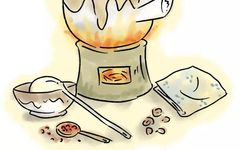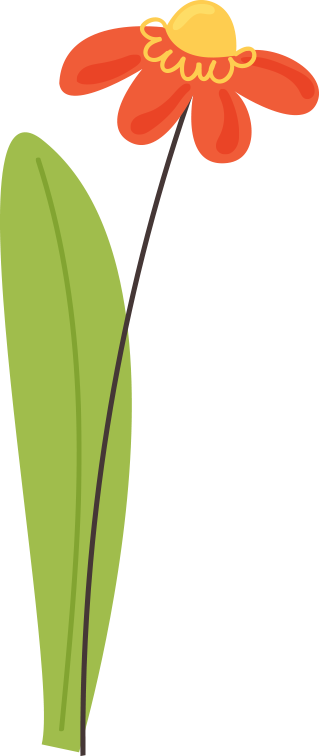
Traditional Chinese Medicine (TCM) gāo formulas, also known as gāo jì (膏剂) or gāo zī (膏滋), are a type of internal herbal preparation that provides comprehensive benefits such as nourishment, supplementation, and preventive treatment. They are one of the commonly used forms of Chinese medicine, alongside pills, powders, and elixirs. Gāo formulas are semi-fluid preparations made by decocting and concentrating herbal ingredients based on individual constitution and clinical manifestations, guided by TCM theory, and then mixed with honey or sugar (or invert sugar). They have advantages such as high drug concentration, small volume, stable efficacy, convenient administration, pleasant taste, and ease of transport and long-term use. But do you know the methods of taking gāo formulas and the precautions to consider?
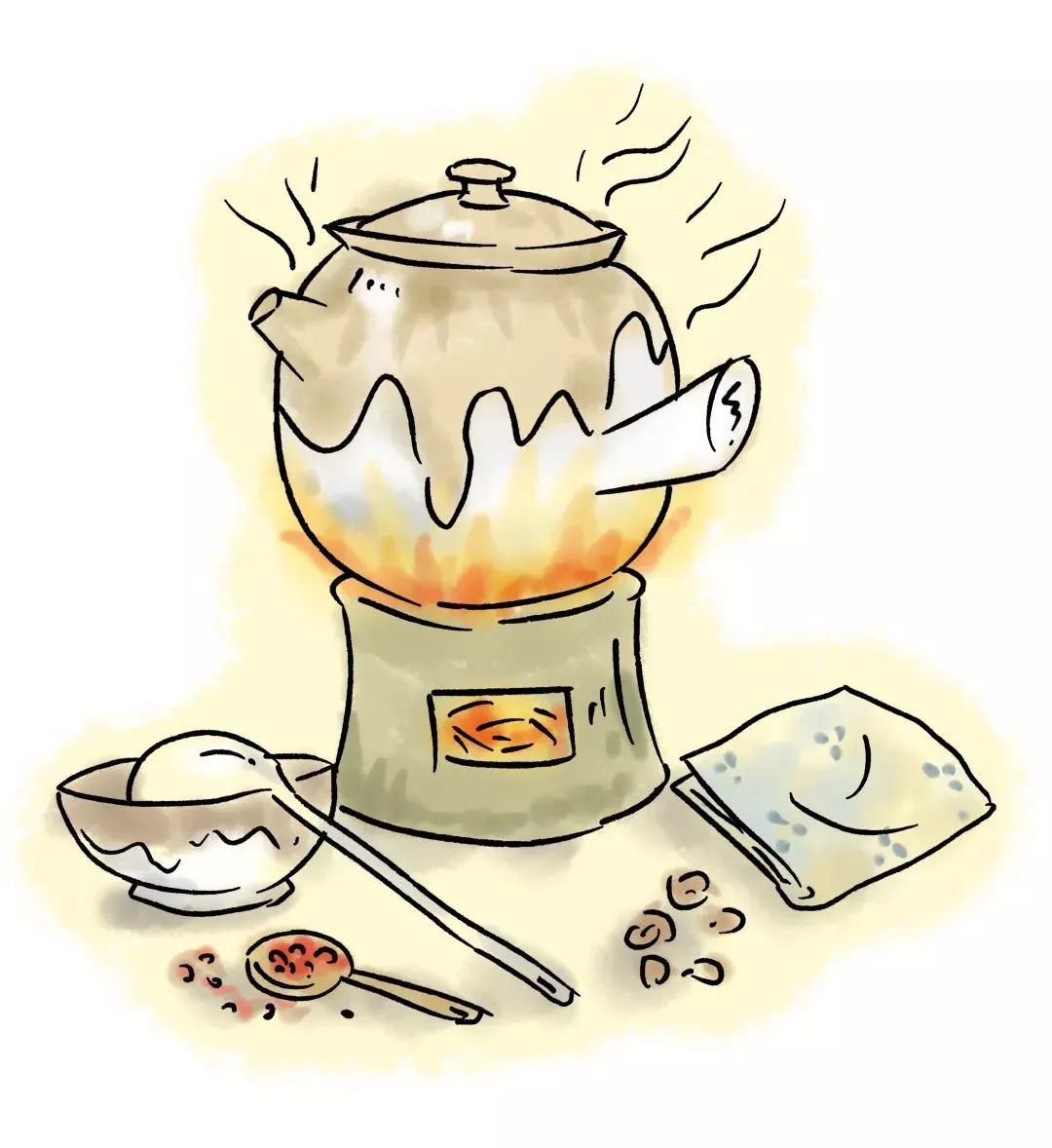

1. Methods of Taking Gāo Formulas
There are various methods for taking gāo formulas, including direct consumption, mixing with other liquids, and sublingual absorption. The most commonly used method is direct consumption, suitable for most gāo formulas. Mixing is mainly for sticky gāo preparations that are difficult to dissolve, while sublingual absorption is suitable for throat diseases, allowing the medicine to reach the affected area directly.
1. Direct Consumption: Place the gāo formula in a cup (or bowl), add an appropriate amount of warm water, dissolve and mix well before consumption. For those with special needs, yellow wine may be used as instructed by a physician.
2. Mixing: This method is mainly used for gāo preparations like Ā jiāo (Donkey-hide Gelatin) and Lù jiǎo (Deer Antler), which should be heated in a water bath with decoction or an appropriate amount of yellow wine until melted, then mixed evenly before consumption.
3. Sublingual Absorption: Also known as “holding and dissolving,” this involves placing the gāo in the mouth and allowing it to dissolve slowly before swallowing the liquid.
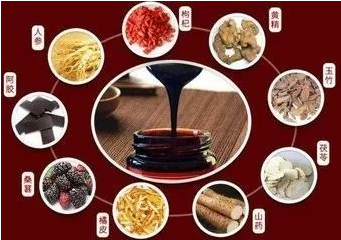

2. Timing for Taking Gāo Formulas
Gāo formulas are best taken on an empty stomach in the morning or once in the morning and evening. If taken before meals causes gastrointestinal discomfort due to an empty stomach, it can be taken 30 to 90 minutes after meals. For gāo formulas primarily used to tonify the heart and spleen and calm the spirit, it is advisable to take them 15 to 30 minutes before bedtime.

3. Storage Conditions for Gāo Formulas
Generally, gāo formulas do not contain preservatives, so they should be sealed and refrigerated to prevent spoilage due to moisture and high temperatures. Additionally, ensure that a clean, dry spoon is used each time to avoid contamination of the gāo formula.

4. Contraindications During Gāo Formula Use
Gāo formulas are made from various herbal materials, and their complex composition requires attention to diet during use to protect gastrointestinal function, promote drug absorption, ensure efficacy, and avoid discomfort.
1. Avoid consuming spicy, greasy, raw, and cold foods that are difficult to digest or have special irritant properties.
2. It is not advisable to drink tea, coffee, or cola while taking nourishing gāo formulas.
3. Individuals with a yin deficiency constitution should avoid spicy and warming foods such as dog meat, beef, and seafood.
4. Individuals with a yang deficiency constitution should avoid cold foods such as crabs and persimmons, and excessive consumption of rich and greasy foods should be avoided.
5. Avoid the indiscriminate use of warming kidney yang tonics; when consuming deer antler, bull penis, or lamb, observe for signs of excess heat to prevent exacerbating heat and blood movement, leading to complications.
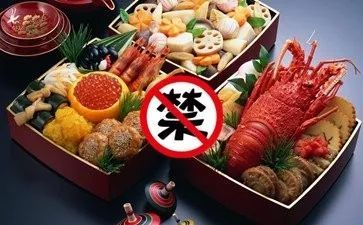

5. Handling Discomfort After Taking Gāo Formulas
During the use of gāo formulas, some discomfort may occur; it is advisable to temporarily stop using the gāo formula and seek medical advice for adjustment.
1. Gastrointestinal Reactions: During gāo use, one may experience loss of appetite, abdominal distension, or even diarrhea, which relates to individual digestive function. It is recommended to first regulate gastrointestinal function before continuing use.
2. Excess Internal Heat: Symptoms such as bitter mouth, dry mouth, oral ulcers, fever, facial redness, and dry stools may occur, indicating common “excess heat” phenomena. Attention should be paid to whether the dosage of gāo is excessive; consult a physician for dosage adjustment and avoid spicy foods.
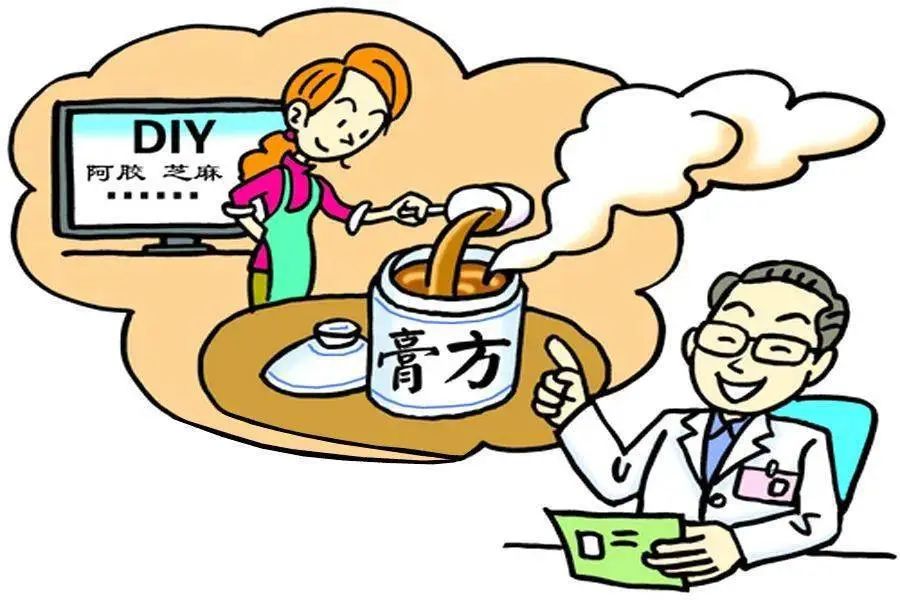

6. Situations Not Suitable for Taking Gāo Formulas
1. Patients with chronic diseases should not take gāo formulas during acute episodes;
2. Gāo formulas are not suitable for acute external diseases;
3. Patients with infectious diseases in the acute or active phase should not take gāo formulas;
4. Women during menstruation and those who are pregnant should not take gāo formulas.

7. Introduction to Our Gāo Formulas
TCM gāo formulas are easy to take, saving time and effort. Our clinic offers 16 unique gāo formulas customized by physicians based on syndrome differentiation for the public to choose from. Patients in need can register at the outpatient department to obtain prescriptions.
Light Body and Fat Reduction Gāo
【Function】Reduces body weight and fat, eliminates stagnation, strengthens the spleen, dispels dampness, and promotes bowel movements.
【Indications】For obesity, hyperlipidemia, and gout caused by spleen and stomach damp-heat, and for those with a diet high in greasy foods.
【Syndrome Type】Spleen and stomach damp-heat, phlegm-damp retention type.
【Contraindications】Use with caution in pregnant women and children under five.
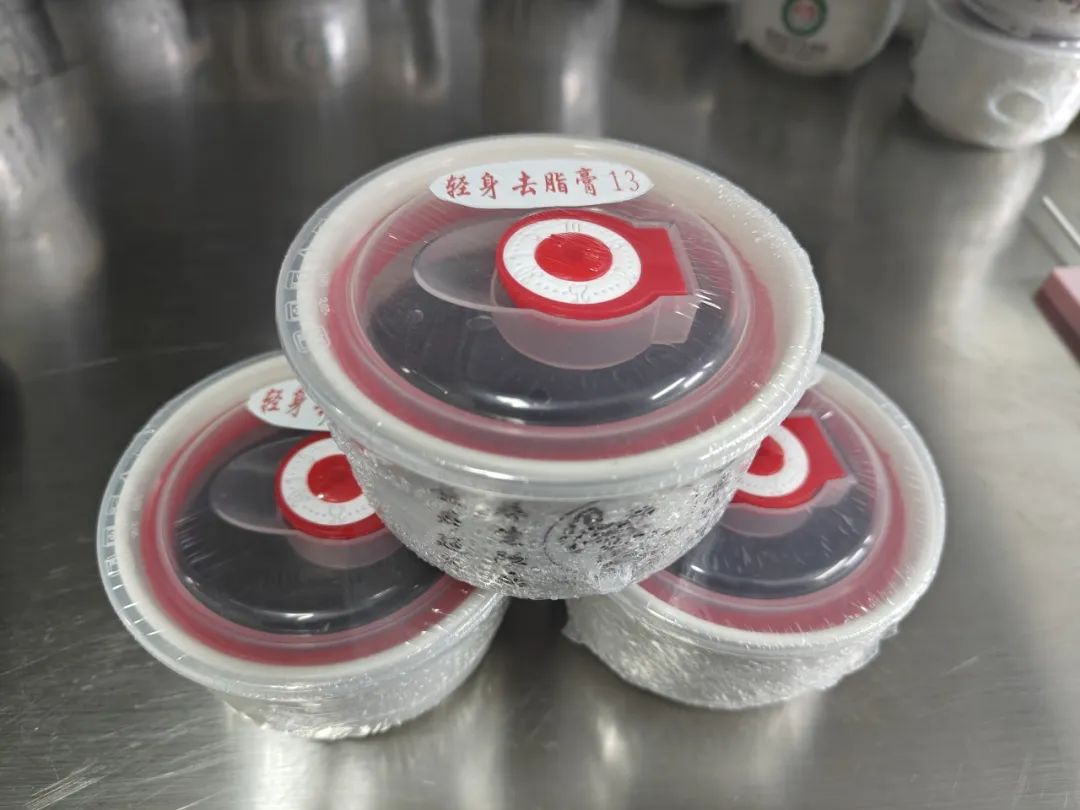
Diabetes and Thirst Reduction Gāo
【Function】Nourishes qi and yin, generates fluids, quenches thirst, strengthens the spleen, and solidifies the kidneys.
【Indications】For diabetes caused by yin deficiency and dryness-heat, with symptoms of excessive thirst, frequent urination, increased appetite, weight loss, fatigue, poor sleep, and lower back pain; applicable for type 2 diabetes with the above symptoms.
【Syndrome Type】Yin deficiency with dryness-heat, qi and yin deficiency type (diabetes).
【Contraindications】Use with caution in pregnant women and children under five.
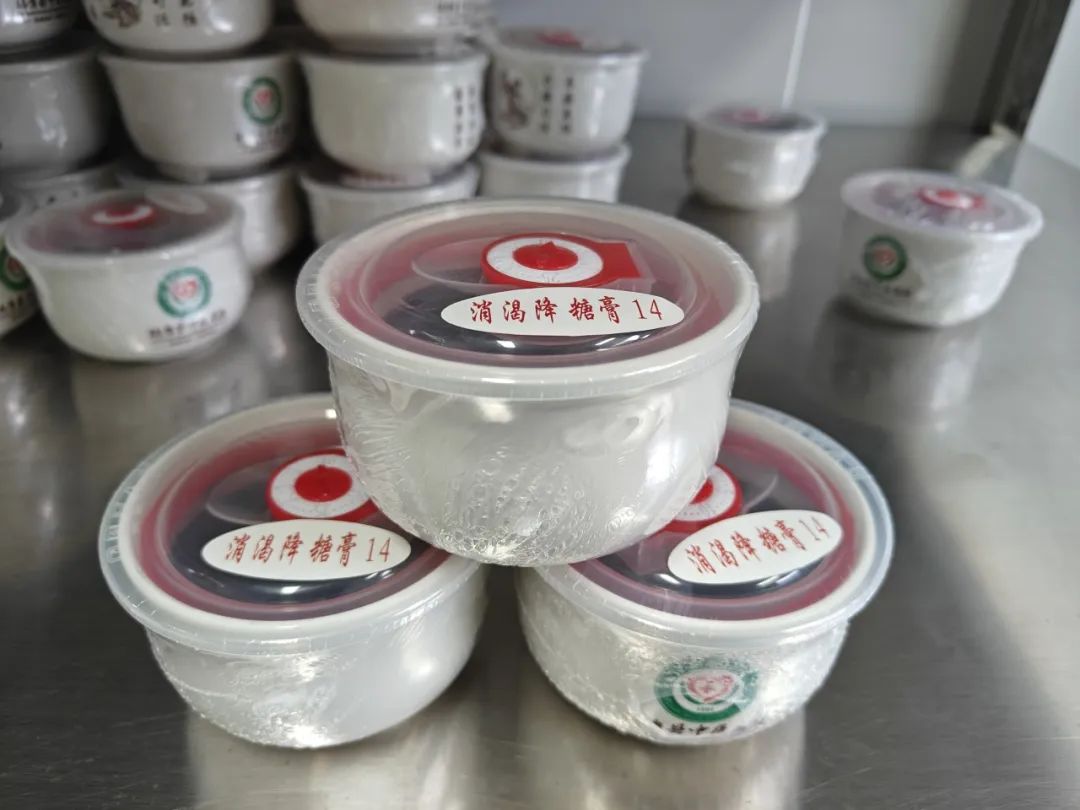
Blood Activating and Stasis Resolving Gāo
【Function】Activates blood and resolves stasis.
【Indications】Promotes blood circulation at fracture sites, eliminates blood stasis, and accelerates metabolism. Suitable for individuals in the hematoma organization phase 1 to 3 weeks post-fracture.
【Syndrome Type】Trauma and injury, blood stasis obstruction type.
【Contraindications】Use with caution in pregnant women and children under five.
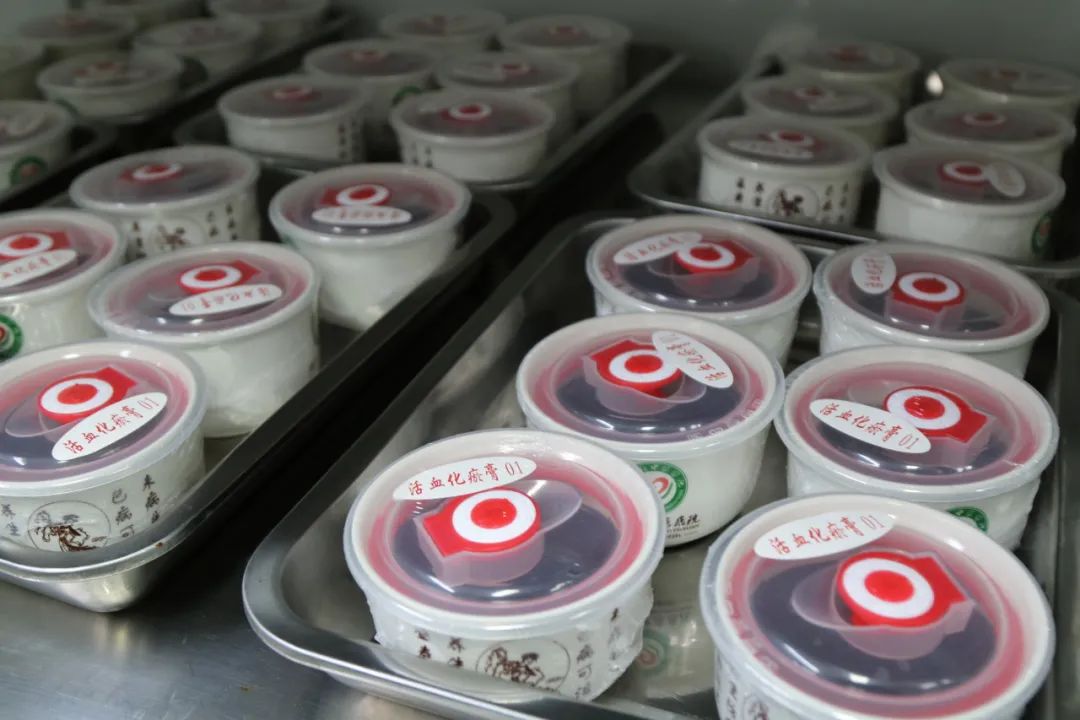
Yù Píng Fáng Gāo (Jade Screen Anti-Illness Gāo)
【Function】Nourishes qi, stabilizes the exterior, clears heat and detoxifies, aromatically transforms dampness, and strengthens the spleen to eliminate stagnation.
【Indications】Specifically used to prevent damp-heat syndromes caused by influenza viruses, often presenting with thick and greasy tongue coating, fatigue, lack of appetite, fever, and possibly nausea, chest tightness, and loose stools; many patients also exhibit dry throat, with some experiencing dry cough or minimal sputum.
【Syndrome Type】Qi deficiency with external pathogens, damp-heat accumulation.
【Contraindications】Use with caution in pregnant women and children under five.
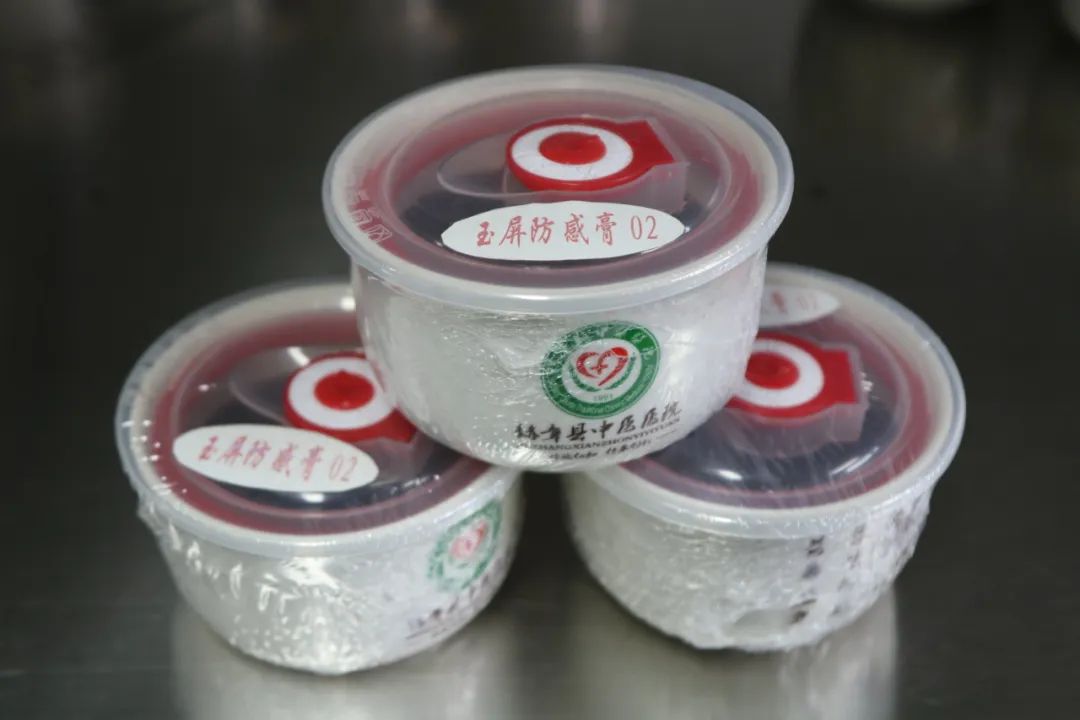
Yang Deficiency Nourishing Gāo
【Function】Warms yang, strengthens the spleen, and tonifies the kidneys.
【Indications】Suitable for individuals with yang deficiency, often presenting as cold intolerance, cold hands and feet, preference for warm foods, fatigue, pale and swollen tongue, and slow pulse.
【Syndrome Type】Yang deficiency type.
【Contraindications】Use with caution in pregnant women and children under five.
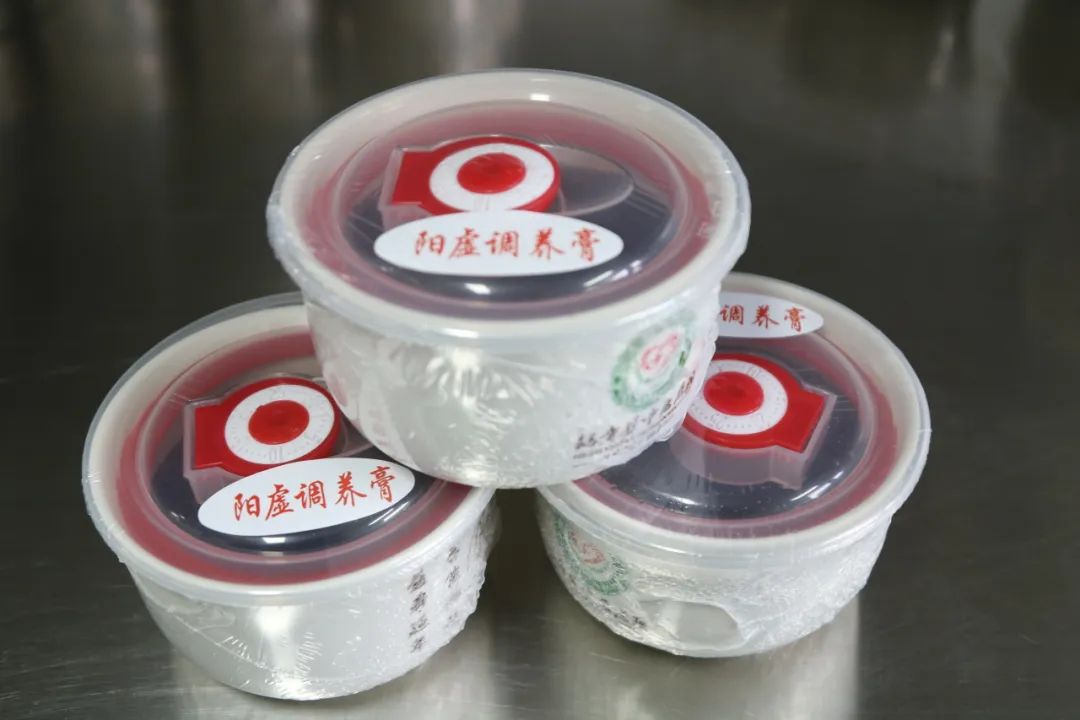
Ā Jiāo Yǎng Xuè Gāo (Donkey-hide Gelatin Blood Nourishing Gāo)
【Function】Nourishes qi and blood, tonifies the liver and kidneys, calms the heart and spirit.
【Indications】For symptoms of fatigue, palpitations, forgetfulness, weakness in the lower back and knees, dizziness, tinnitus, shortness of breath, insomnia, spontaneous sweating, poor appetite, and weight loss due to various causes of qi and blood deficiency; also for leukopenia caused by chemotherapy or radiotherapy, and iron deficiency anemia.
【Syndrome Type】Qi and blood deficiency syndrome.
【Contraindications】Use with caution in pregnant women and children under five.
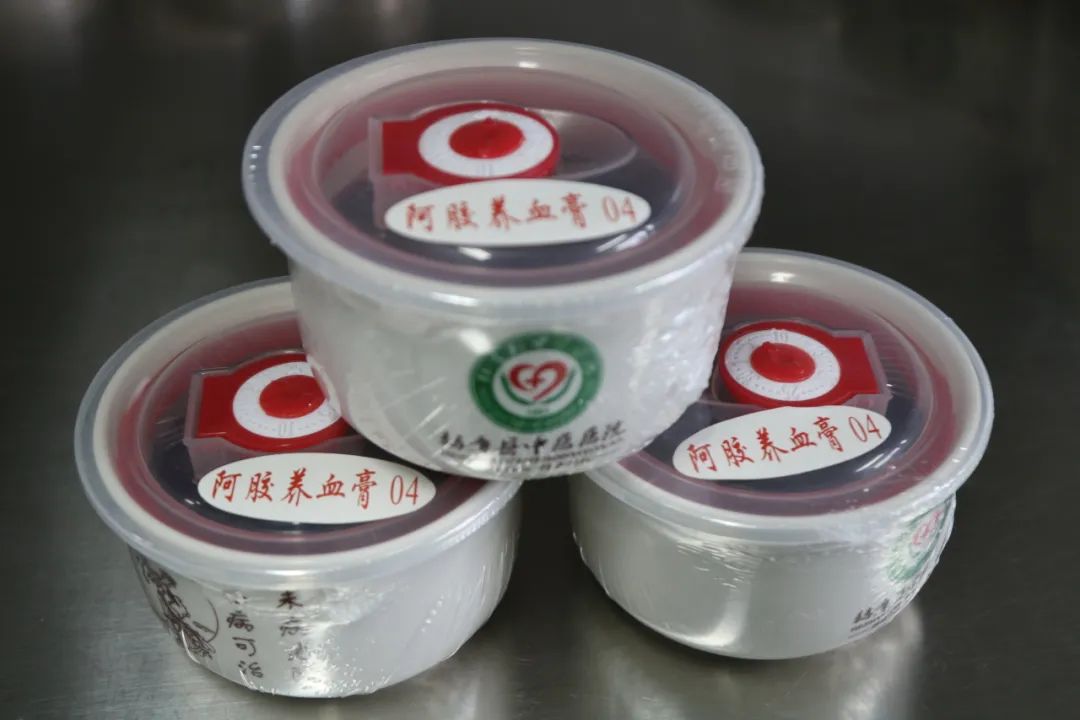
Yì Mǔ Shēng Huà Gāo (Motherwort Regulating Gāo)
【Function】Suitable for postpartum recovery, post-abortion recovery, dysmenorrhea, and irregular menstruation.
【Indications】1. Irregular menstruation: dysmenorrhea due to qi stagnation and blood stasis, cold coagulation and blood stasis, or qi and blood deficiency leading to scanty menstrual flow, dark purple blood with clots; 2. Abdominal pain and heaviness before menstruation; 3. Postpartum: prolonged lochia, abdominal pain, depression, sweating, blood dizziness, and blood labor.
【Syndrome Type】Blood deficiency with cold coagulation, blood stasis obstruction syndrome.
【Contraindications】Use with caution in pregnant women and children under five.
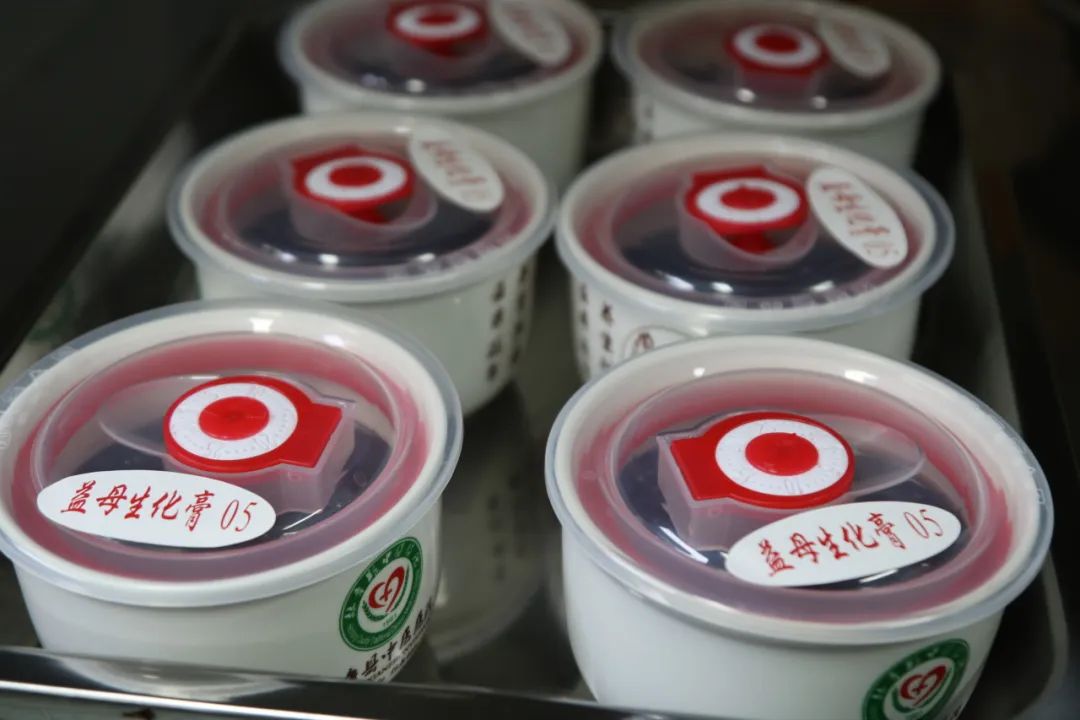
Jiàn Pí Yì Fèi Gāo (Spleen Strengthening and Lung Nourishing Gāo)
【Function】Strengthens the spleen and nourishes the lungs, transforms dampness, and eliminates phlegm.
【Indications】For spleen deficiency and lung weakness, with recurrent cough and phlegm, pale yellow complexion, fatigue, and poor appetite.
【Syndrome Type】Spleen deficiency with dampness excess syndrome.
【Contraindications】Children should follow medical advice; not suitable for pregnant women.
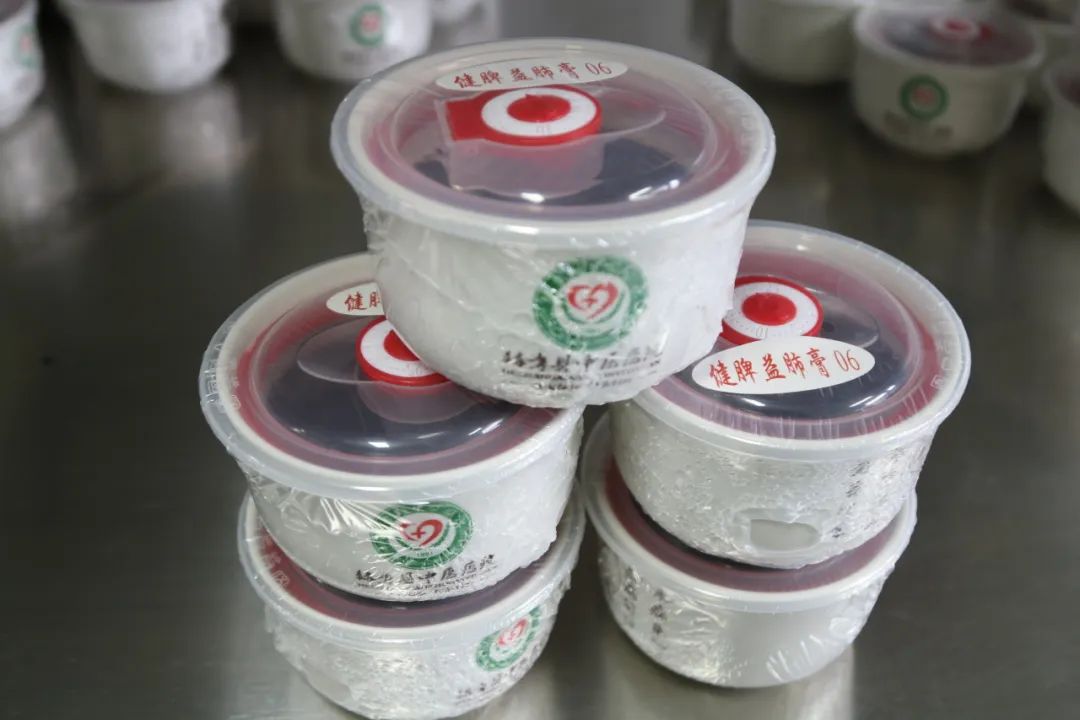
Zhì Gǔ Shū Sōng Gāo (Bone Strengthening Gāo)
【Function】Nourishes the liver and kidneys, strengthens tendons and bones, transforms stasis and alleviates pain.
【Indications】For osteoporosis, rheumatoid arthritis, osteoarthritis, lumbar disc herniation, cervical spondylosis, and other diseases diagnosed as liver and kidney essence and blood deficiency.
【Syndrome Type】Liver and kidney essence and blood deficiency type.
【Contraindications】Use with caution in pregnant women and children under five.
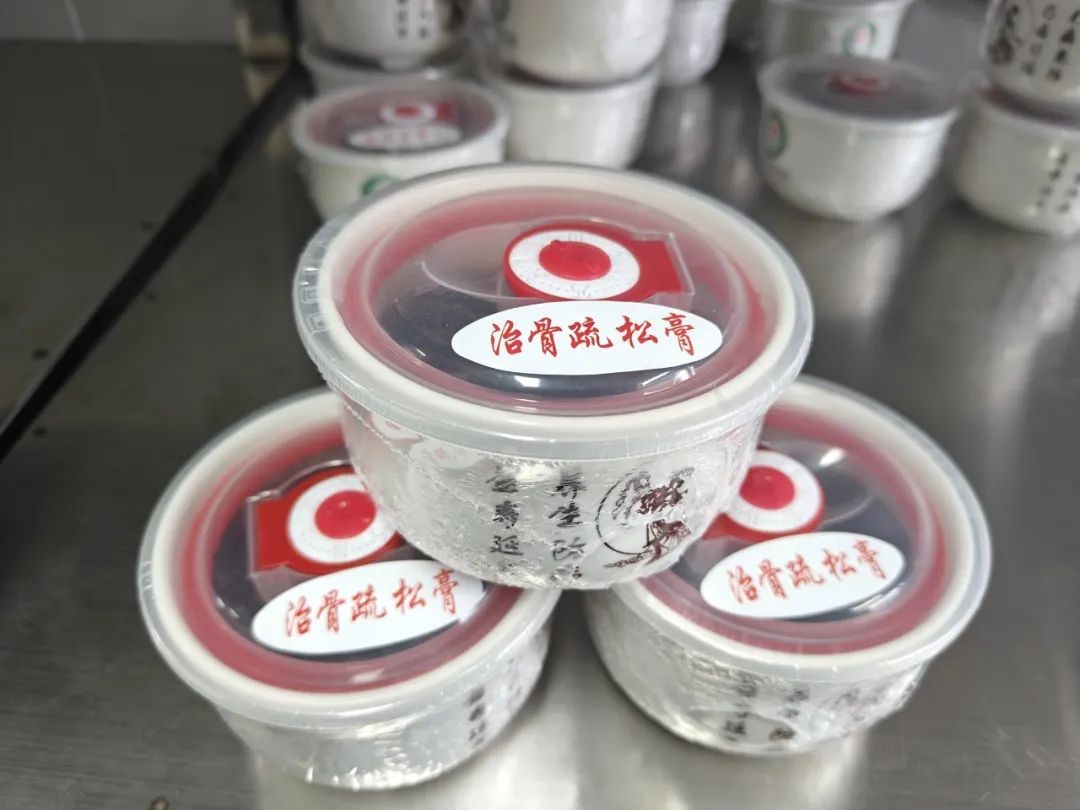
Bǎobǎo Yī Fú Líng (Baby Digestive Gāo)
【Function】Clears gastrointestinal stagnation, moistens the intestines, and eliminates internal toxins.
【Indications】Suitable for individuals with indigestion and gastrointestinal dysfunction, especially infants and young children.
【Syndrome Type】Spleen and stomach deficiency type.
【Contraindications】Use with caution in pregnant women.
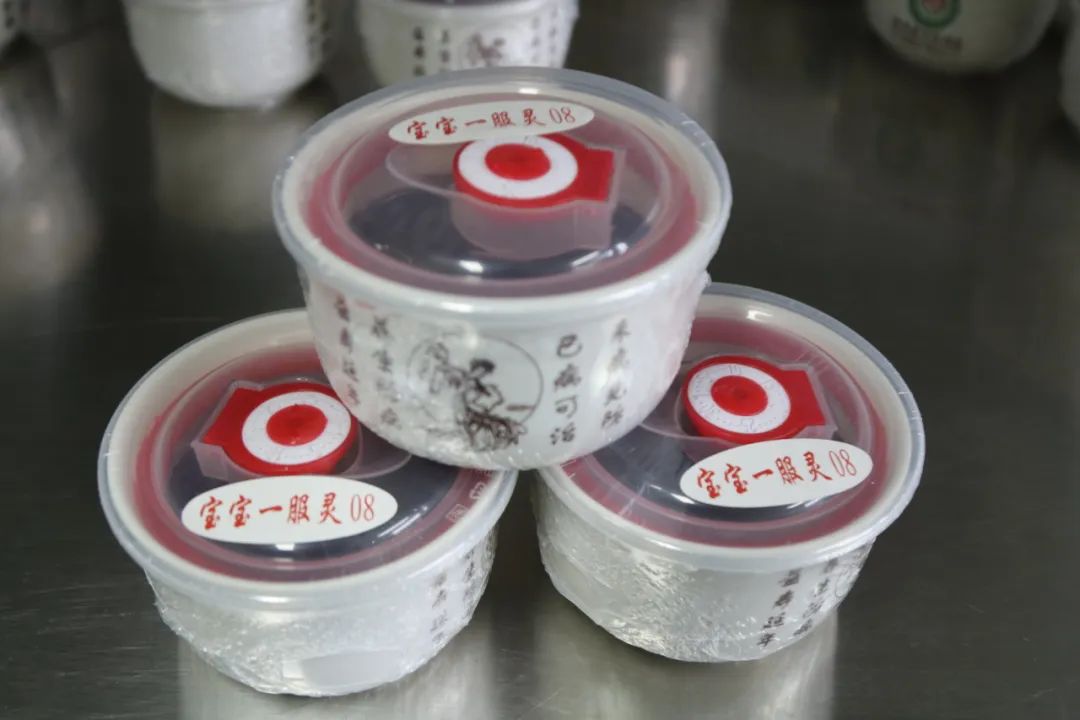
Qiáng Jīn Zhuàng Gǔ Gāo (Muscle and Bone Strengthening Gāo)
【Function】Nourishes the liver and kidneys, strengthens muscles and bones, and benefits qi and blood.
【Indications】Promotes faster healing of fractures and aids in the early restoration of functional activities. Suitable for individuals in the bone callus remodeling phase 8 to 12 weeks post-fracture.
【Syndrome Type】Liver and kidney deficiency, qi and blood insufficiency type.
【Contraindications】Use with caution in pregnant women and children under five.
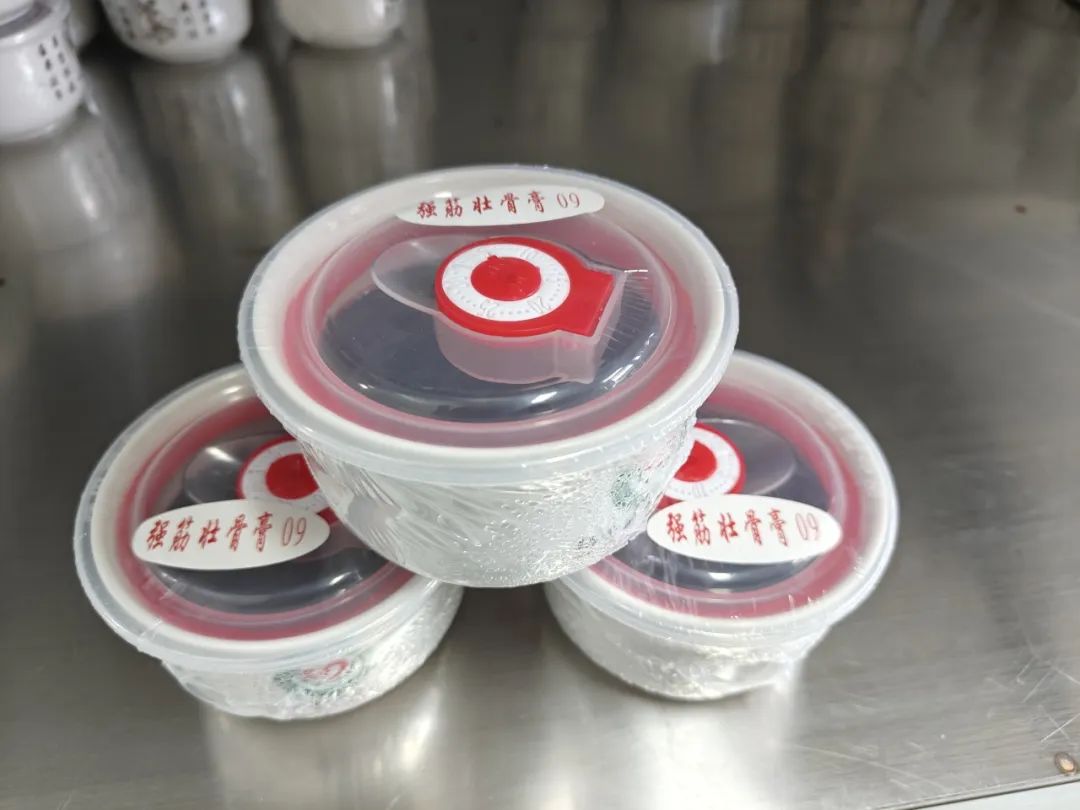
Wū Fà Yǎng Yán Gāo (Hair Nourishing Gāo)
【Function】Nourishes the liver and kidneys, benefits essence and blood.
【Indications】For premature graying of hair, hair loss, loose teeth, pale complexion, weakness in the lower back and knees, nocturnal emissions, and infertility due to liver and kidney deficiency and essence and blood insufficiency.
【Syndrome Type】Liver and kidney deficiency, essence and blood insufficiency.
【Contraindications】Use with caution in individuals with spleen and stomach deficiency, pregnant women, and children under five.
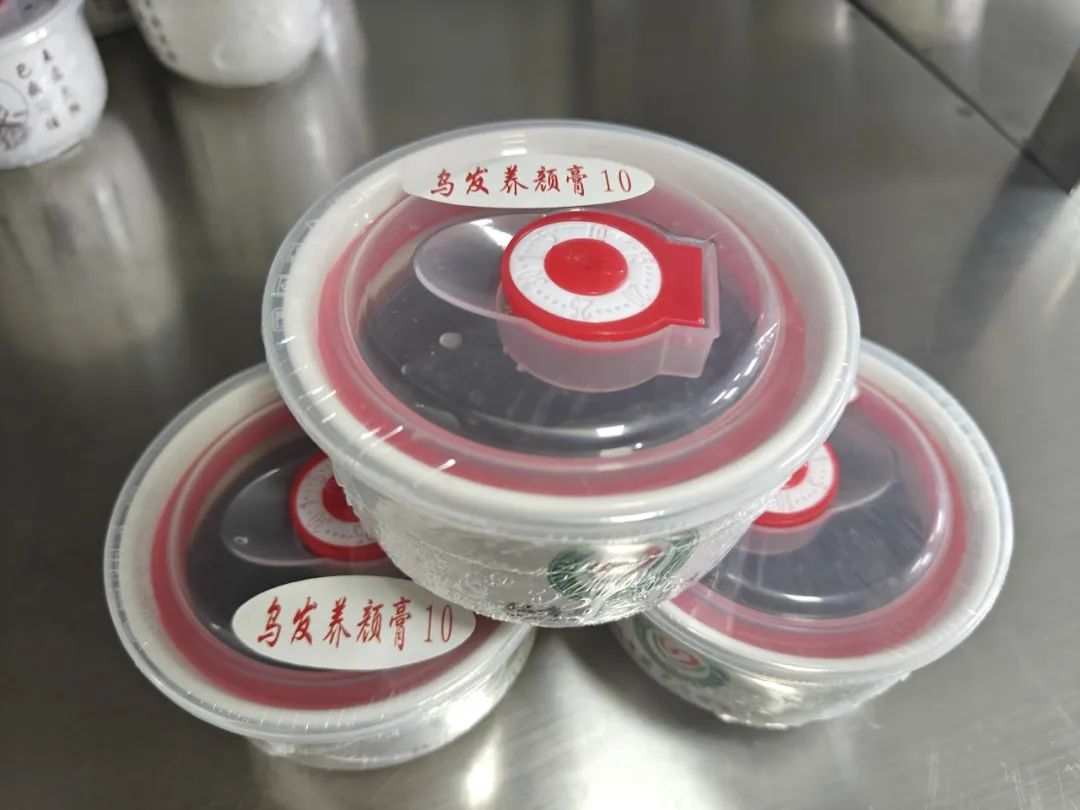
Jiē Gǔ Xù Jīn Gāo (Bone Healing Gāo)
【Function】Promotes bone healing and blood circulation.
【Indications】Facilitates the formation of bone callus and healing of fractures, suitable for individuals in the primary bone callus phase 4 to 8 weeks post-fracture.
【Syndrome Type】Trauma and injury, blood stasis obstruction type.
【Contraindications】Use with caution in pregnant women and children under five.
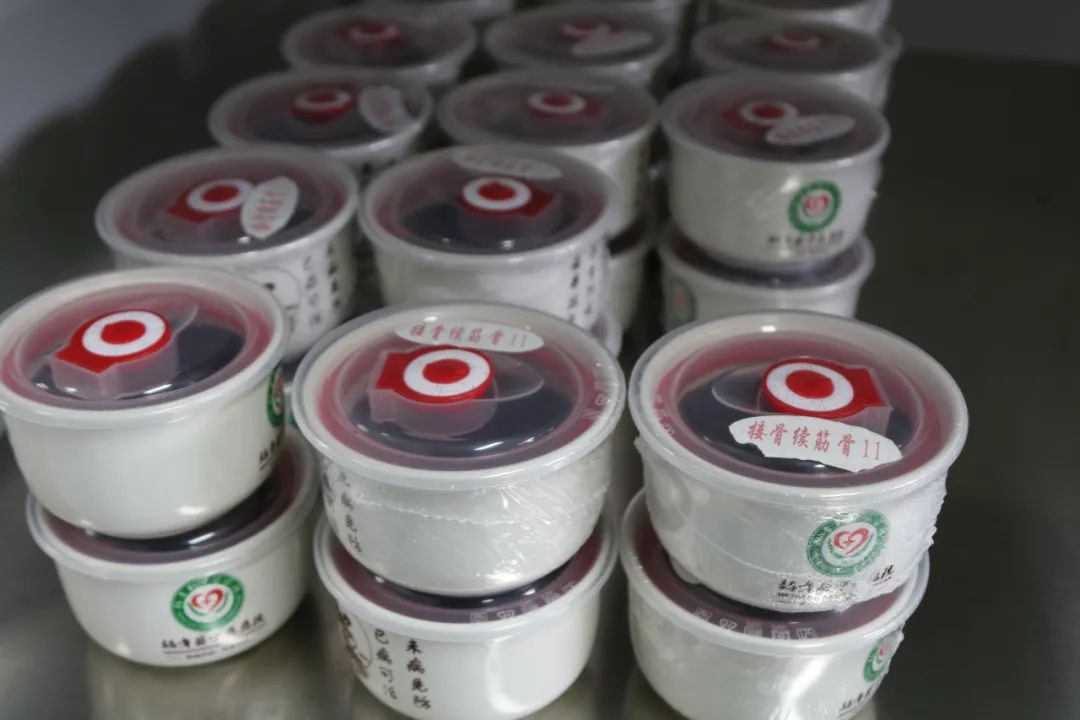
Jiàn Pí Wèi Yáng Gāo (Spleen and Stomach Ulcer Gāo)
【Function】Soothes the liver, strengthens the spleen, regulates qi, and promotes healing.
【Indications】For symptoms of fullness and pain in the stomach area, abdominal pain before defecation, alternating constipation and diarrhea, Helicobacter pylori infection, fatigue, and poor appetite.
【Syndrome Type】Spleen deficiency with food stagnation syndrome.
【Contraindications】Children should follow medical advice; not suitable for pregnant women.
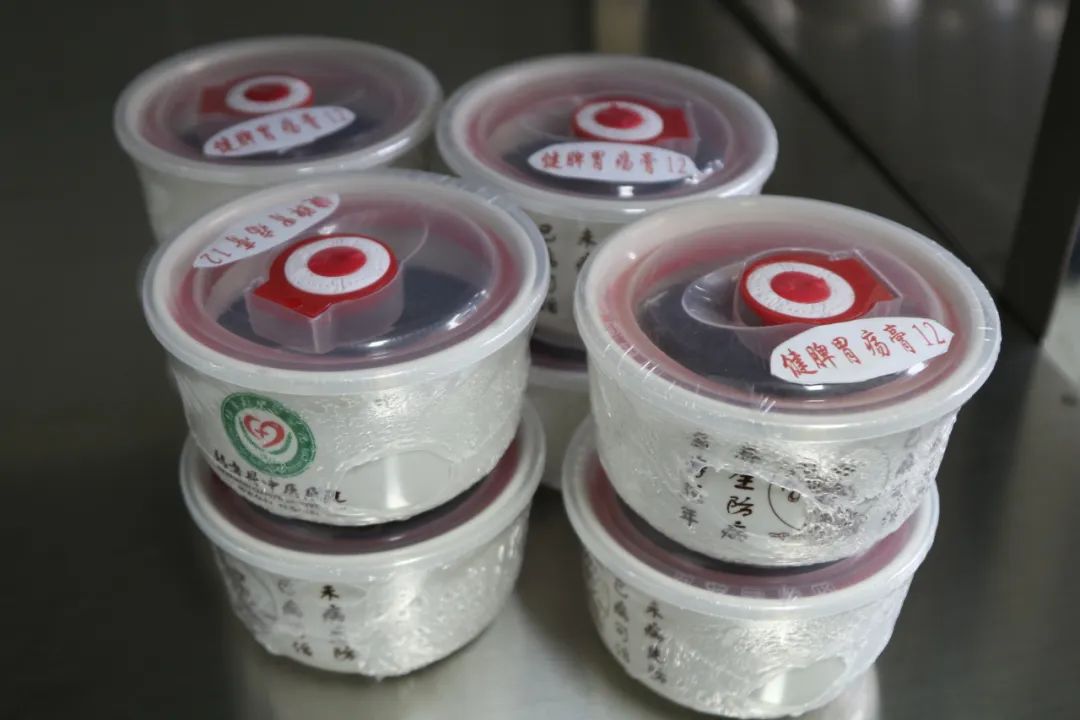
Tóu Tòng Líng Gāo (Headache Relief Gāo)
【Function】Dispels wind, unblocks channels, nourishes qi and blood, activates blood circulation.
【Indications】For migraines, tension headaches, cluster headaches, and stubborn headaches with dizziness.
【Syndrome Type】Wind invasion, phlegm and blood stasis obstruction, internal dampness.
【Contraindications】Not suitable for individuals allergic to Chinese medicine, those with fever, or cerebral hemorrhage; avoid raw, cold, spicy foods, alcohol, and seafood.
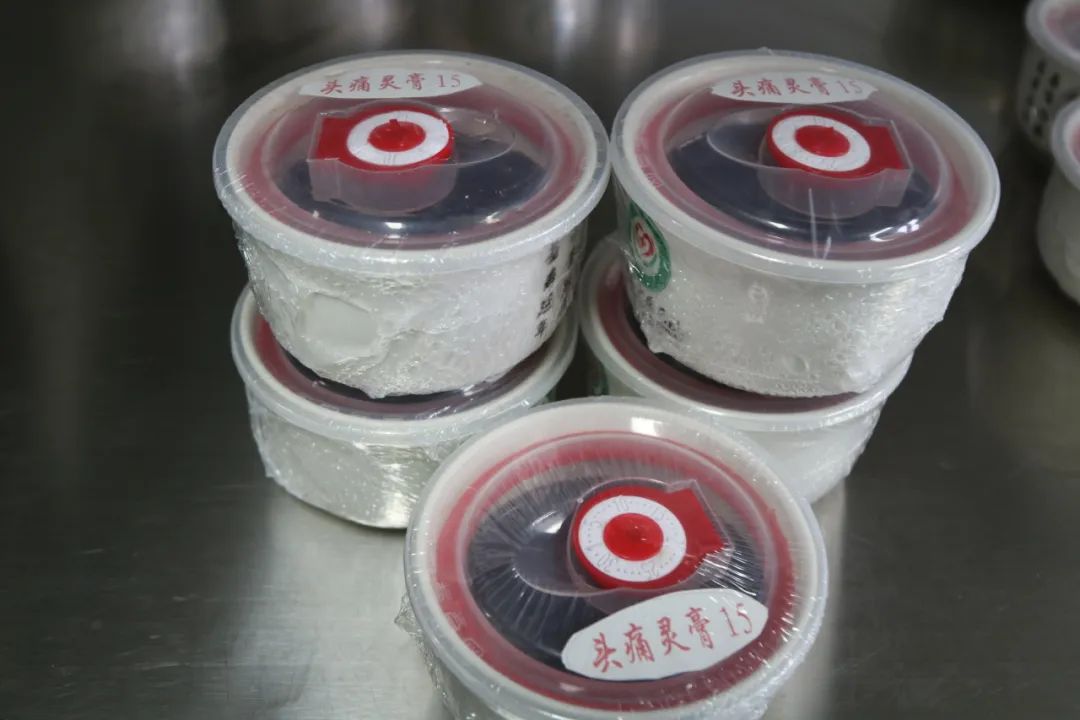
Shēng Jī Gāo (Wound Healing Gāo)
【Function】Removes necrotic tissue, promotes granulation, activates blood circulation, and cools blood.
【Indications】Promotes wound healing, treats delayed wound healing, osteomyelitis, chronic ulcers, diabetic foot, pressure sores, and slow granulation in burn injuries.
【Syndrome Type】Qi and blood deficiency with heat and stasis.
【Contraindications】Avoid raw, cold, spicy foods, seafood, and alcohol.
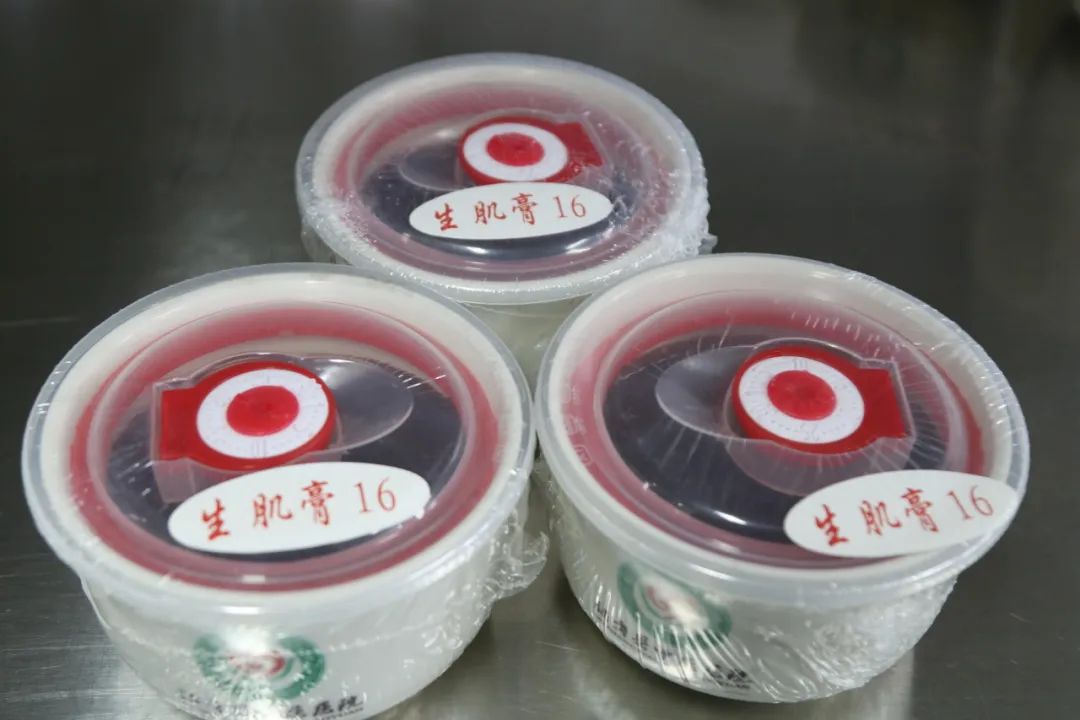
Editor: An Wei
Initial Review: Du Yu
Re-review: Xiao Hong
Final Review: Li Yinggang, Du Qian

